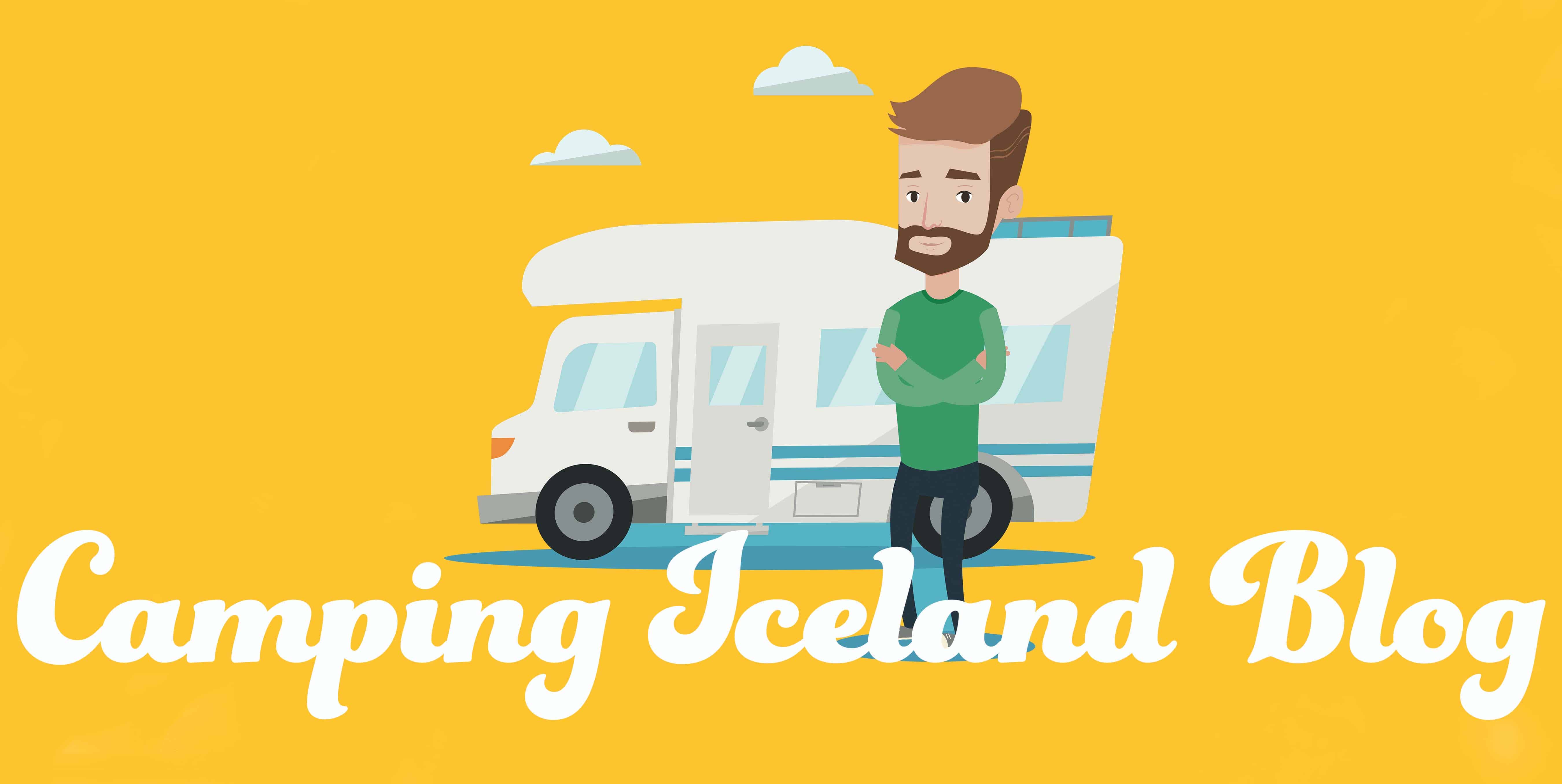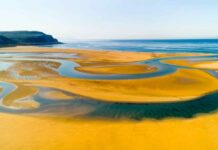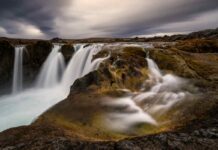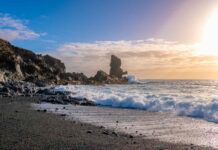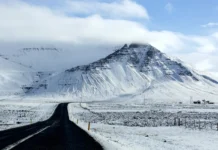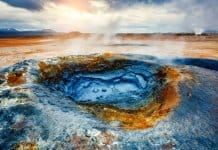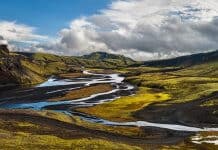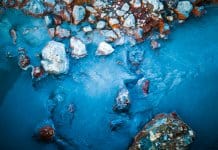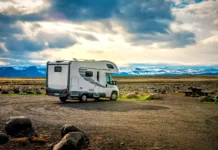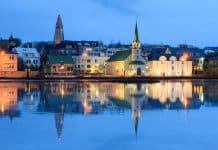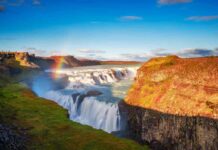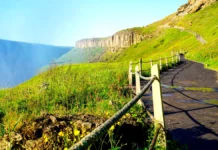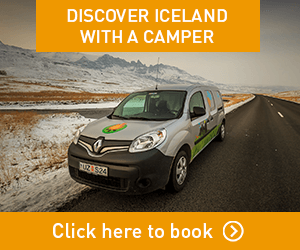Camping in Iceland is one of the most popular ways to explore the country. It also provides a cheap alternative to staying at hotels. With prices of around $10-15 per night per person to stay at a campsite, there just no comparison. But Iceland Camping might be a little different than what you’re used to. In many countries (like Iceland), you pretty much have to stay at registered campsites. In other places, like the United States for example, you can camp pretty much anywhere, like in state and national parks where you are close to lakes and forests. It’s not so in Iceland. The laws changed a few years back due to problems with people not being respectful or caring for the environment around them. Now, wild camping is only legal in Iceland if you do it by hiking to permitted areas with your tent on your back.

Additionally, you’ll have to find public land (not privately owned or a national park) and much of Iceland, especially close to the Ring Road where most tourists travel, is privately owned farmland. If you’re looking to stay here, you’ll need to seek out explicit permission from the landowner. I imagine that you wouldn’t want people sleeping in your backyard or continually showing up at your door to constantly ask if they can set up a tent near your house, so just put yourself in their shoes. Also, if you are using a car, campervan, motorhome, or another motorized vehicle, then you have to stay at a designated campsite. You can stay at national parks or places like Skógafoss waterfall, but only in the section reserved for camping.
Is Wild Camping Legal in Iceland?
Wild camping is not technically illegal. But it’s highly discouraged, and there are so many restrictions about where and how you can do it that it’s quite challenging to find a place to do it legally. Maybe if you’re hiking with a backpack in the Central Highlands you can find a spot. But you can no longer camp anywhere in Iceland, and you can’t certainly camp on the side of the road. Let’s look at some of the conditions set forth in laws that changed in 2013 and updates from 2015.
Updated Wild Camping Laws and Conditions
You can camp on uncultivated land if you meet the following standards:
- You’re far away from the road and populated areas like cities, towns, and villages
- You need direct permission from the landowner for privately-owned land. The same goes for any community-owned property; you need to get the approval of the community before setting up your tent.
- There must be no defined campsites in the area or county that you are in. This is probably one of the harder requirements as there are over 200 campsites on the island and there is always one close by.
- The land must not be cultivated (farmland or other areas where someone has planted crops). This also includes forestry.
- You can’t use land developed for a specific purpose. Places like parking lots, picnic areas, roads, etc.
- You can camp if there is no specific law or decree that forbids or limits camping. However, most municipalities and certain agricultural communities have already taken this them and state that you can only camp at campsites. This is valid for all nature reserves, national parks, and most municipalities and communities.
So in summary, in order to go wild camping you’ll have to:
- Become an expert on districting and land ownership.
- Know where and how to contact the landowner.
- Obtain written permission (so the police don’t hassle you).
- Be familiar with the borders of municipalities and the camping regulations in that municipality.
- Find an open, barren, uncultivated piece of land within that municipality where you have permission.
Or you could just go to a campsite and look for an open piece of land there. Campsites in Iceland are quite spacious, and it’s possible to set up your tent far away from the others. Isolation and privacy are possible at a campground.

Respecting the Wishes of the Locals
In addition to being highly impractical and almost impossible, wild camping also goes against the wishes of your local hosts. Locals really don’t want you to wild camp. Remember, the country changed its laws in order to make wild camping pretty much illegal. Too many people acted disrespectfully, left their waste behind, destroyed fragile Icelandic nature, etc. I know that you think that you are the exception and that you would behave differently, but even so. We don’t like wild campers in our country, and with so many spacious and well-equipped campgrounds to choose from, there’s really no reason to jump through all of the hurdles to find a legal wild camping spot. I understand wanting to get as far from civilization as possible, but that’s just not how we do things here. You are our guests, so please respect the local laws and customs. Camp at a campsite.
And if you want to disappear into the wilderness, do it in your own country (where it’s a standard, accepted practice) or in a place where the locals are okay with it. You are guests in our country, and the reason we went through the trouble of passing laws is to make sure that people camp in campsites. We want to protect our country and our countryside, and the least you can do is honor our wishes. I’m sure there is something special about the thrill of wild camping, but do you really want it to come at the expense of making Icelanders mad? Plus, you’ll have to carry all of your waste and soiled toilet paper back to town for disposal. I certainly hope you weren’t thinking of leaving it out there. Imagine if someone peed or pooped in your back yard. Talk about gross! Campsites are cheap, convenient, easy to get to, abundant, and we want you to use them. So please do.

Is Wild Camping Legal in Iceland?
Technically yes, but it’s highly discouraged. It’s also complicated to find a place to do it legally. You are better off camping at a campsite. They’re easy to use, and you won’t make any Icelanders angry. Camping in Iceland is lots of fun, just make sure you do it in a way that is respectful and that Icelanders are ok with.
